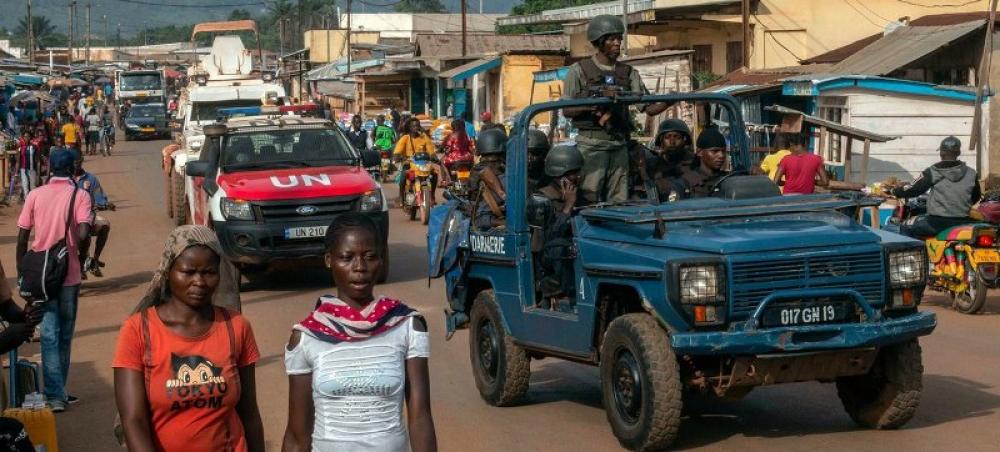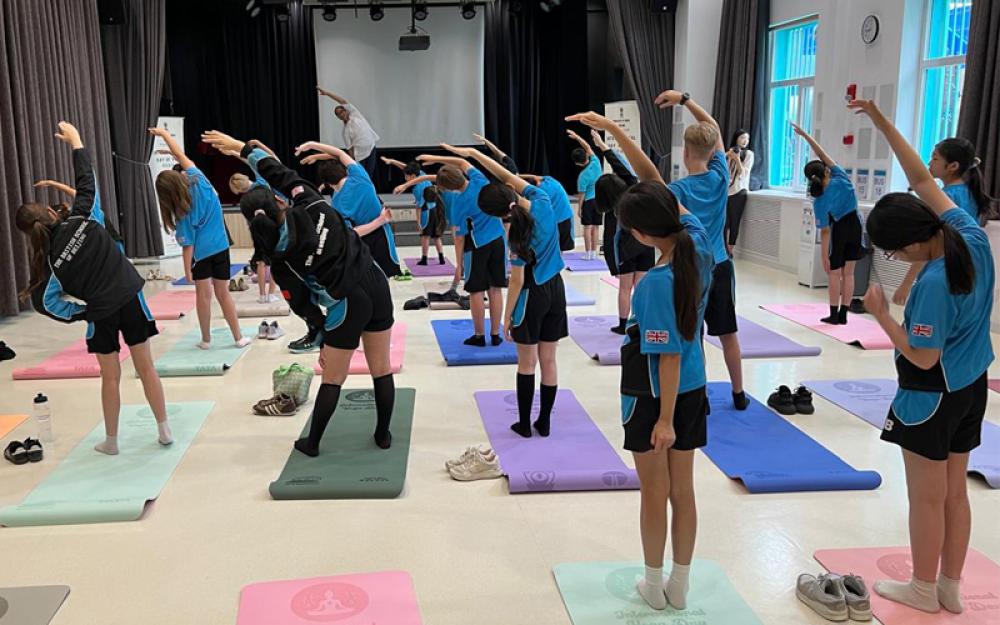Just Earth News | @justearthnews | 17 Mar 2020, 11:42 pm Print

New York: A “vital lifeline” for vulnerable families forced to flee their homelands has fallen victim to the COVID-19 pandemic as two UN agencies announced on Tuesday that they are temporarily suspending resettlement travel for refugees.
The International Organization for Migration (IOM) and the UN refugee agency, UNHCR, said the measure will take effect in the coming days and will remain in place “only for as long as it remains essential”.
The spread of the new coronavirus has seen countries drastically reduce entry into their territories, while international air travel has been restricted in some regions.
Some countries also have placed a hold on resettlement arrivals due to their public health situation.
These “quickly evolving regulations” directly impact resettlement travel for refugees, the agencies explained. Some families have experienced extensive delays while others have been stranded or even separated.
Furthermore, international travel could increase refugees’ exposure to the virus.
“Resettlement provides a vital lifeline for particularly vulnerable refugees, and IOM and UNHCR will continue their work in refugee-hosting countries, in collaboration with all relevant partners, to ensure that the processing of cases for resettlement continues”, they said in a statement.
“We will also remain in close contact with refugees themselves and all of the agencies that work to support the use of resettlement as a critical protection measure”.
The agencies appealed to States to ensure that the most critical emergency cases can travel.
They plan to resume full resettlement travel “as soon as prudence and logistics permit”.
Photo caption and credit:
IOM
A quick smile from one of the 183 refugees resettled, originating in Sudan and the Central African Republic, prepares for his new life in France
- Every hour, 100 people die of loneliness-related causes, says WHO
- DR Congo: New initiative to eliminate HIV in children ‘a beacon of hope’, says UN
- WHO study shows tobacco control efforts protect three-quarters of the world’s population
- Drinking coffee can help you live longer, a new study reveals
- New study finds women who work night shifts are more likely to have asthma






